detail profile walter c mycroft
Peran Yang Di Mainkan Walter C. Mycroft
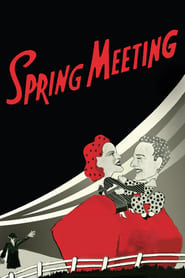 Tiny FoxCollier and her son Tony...
Tiny FoxCollier and her son Tony...Spring Meeting 1941
Tiny Fox-Collier and her son, Tony, are broke. A cheery and handsome young man about town, Tony knows he can rely on his mother for a brainwave to save them from utter destitution. This she has: a visit is scheduled to the Irish country estate of her old flame Sir Richard Furze, now a wealthy widower with two daughters. But while Tiny is determined to see her son marry the beautiful but haughty Joan, it seems Tony only has eyes for Joan’s spirited younger sister, Baby.
 Allied propaganda in the form of...
Allied propaganda in the form of...After Mein Kampf 1940
Allied propaganda in the form of cartoons and newsreels shows the rise of Adolf Hitler and the Nazis.
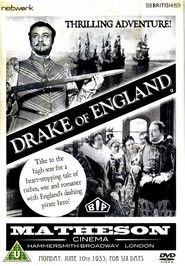 Imposing Canadianborn stage actor and playwright...
Imposing Canadianborn stage actor and playwright...Drake of England 1935
Imposing Canadian-born stage actor and playwright Matherson Lang was one of the twentieth century's great Shakespearean players, and became Britain's foremost screen actor during the 1920s; in Drake of England, one of his final films, he takes the title role in Arthur Woods' portrayal of the life and times of the flamboyant piratical adventurer who founded Britain's sea fortunes. From clandestine romance at the court of Elizabeth I to conquests in the newly discovered lands of South America and spectacular victory over the Armada, Drake of England offers a panoramic overview of Drake's life.
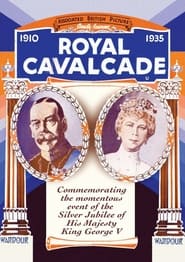 Made in commemoration and celebration of...
Made in commemoration and celebration of...Royal Cavalcade 1935
Made in commemoration and celebration of the Jubilee of King George V, this is the story of the first twenty-five years of his reign, told through the many travels of a penny that was minted in the year of his accession: 1910. Through a series of individual stories, Royal Cavalcade covers a period of striking change in every area of life – from the suffragette movement to the trenches of World War One, the effects of the Depression to single events such as the first ever Royal Command Performance, featuring Anna Pavlova and George Robey.
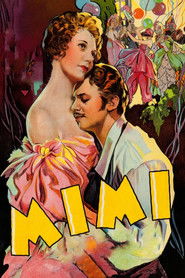 A struggling playwright in 1850s Paris...
A struggling playwright in 1850s Paris...Mimi 1935
A struggling playwright in 1850s Paris and his mate finds love that furnishes him with the inspiration he has long sought.
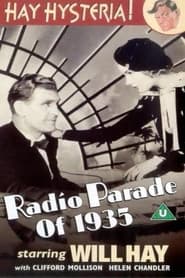 One of the first screen outings...
One of the first screen outings...Radio Parade of 1935 1934
One of the first screen outings for Will Hay. Hay plays the Director General of the National Broadcasting Group (NBG) who hides away in his office unaware that the general feeling about his programming is that it is too high-brow and the public are not happy. However, when he discovers this he decides to take action and promotes Jimmy, his Head of the Complaints Department, to Programme Director. Jimmy decides that a series of variety spectaculars are what the public want and sets about hiring the acts. But obstacles are put in his way and he discovers that the NBG has its own cluster of wannabe variety stars.
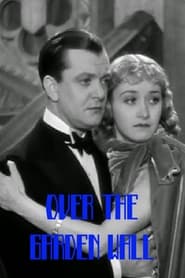 An aunt objects to the romance...
An aunt objects to the romance...Over the Garden Wall 1934
An aunt objects to the romance between her niece and a neighbour's nephew, and steps in to put an end to the love affair – with comic consequences...
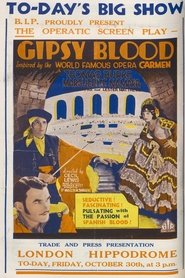 In 1931 Sir Malcolm Sargent then a...
In 1931 Sir Malcolm Sargent then a...Gipsy Blood 1931
In 1931, Sir Malcolm Sargent – then a rising young conductor – acted as musical director for this first filmed musical version of Prosper Mérimée’s classic story of passion and fatal jealousy, Carmen. With a score based on Bizet’s opera, Gipsy Blood features celebrated American soprano Marguerite Namara as the capricious gypsy girl from the cigarette factory; her co-performers include Thomas Burke as Carmen’s tormented lover, Don José, and New Zealand-born baritone Lance Fairfax as his rival, the toreador Escamillo.
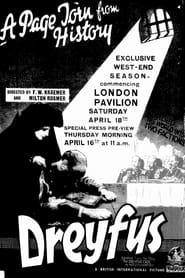 In 1894 French officer Alfred Dreyfus is...
In 1894 French officer Alfred Dreyfus is...Dreyfus 1931
In 1894, French officer Alfred Dreyfus is wrongly convicted for the treasonous acts of another man, Major Esterhazy. When investigations begin into the dubious evidence used in the trial, an institutional coverup begins, aided by fears of army disgrace and anti-Semitic paranoia against Dreyfus. But a determined group, headed by prominent author Émile Zola, leads a mounting public call to reopen the Dreyfus case.
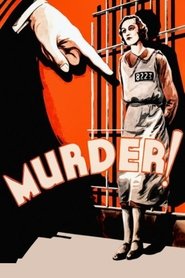 When a woman is convicted of...
When a woman is convicted of...Murder! 1930
When a woman is convicted of murder, one of the jurors selected to serve on the murder-trial jury believes the accused, an aspiring actress, is innocent of the crime and takes it upon himself to apprehend the real killer.
 The luminous Maria Corda stars as...
The luminous Maria Corda stars as...Tesha 1928
The luminous Maria Corda stars as the eponymous Tesha, a celebrated Russian dancer who marries an Englishman (Thomas). The couple long for a child but after five years of happy marriage, remain childless. On a trip to Southampton Tesha succumbs to a brief fling with a stranger (Cavanagh), unleashing a barrage of unforeseen consequences and emotional turmoil. The superb cinematography is by the great German cinematographer Werner Brandes who worked on dozens of prestige British productions in the 1920s. Originally shot silent, sound was added in 1929.
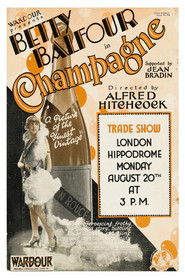 Betty the rebellious daughter of a...
Betty the rebellious daughter of a...Champagne 1928
Betty, the rebellious daughter of a millionaire, decides to marry the penniless Jean—against her father's will—and runs away to France and lives a life of luxury on the profits from her father's business. Pretending his business is crashing, her father finally puts a stop to her behavior, which forces Betty to support herself by getting a job in a night club.

 A hated country gentleman is murdered...
A hated country gentleman is murdered...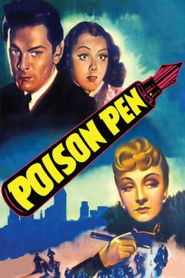 The inhabitants of a peaceful village...
The inhabitants of a peaceful village... This cheerful maze of melody song...
This cheerful maze of melody song...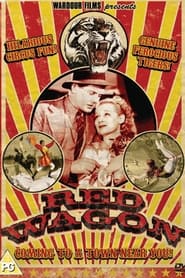 Adapted from Lady Eleanor Smiths novel...
Adapted from Lady Eleanor Smiths novel...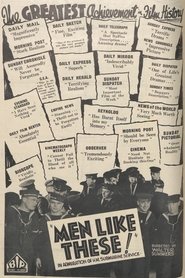 A British submarine on patrol is...
A British submarine on patrol is...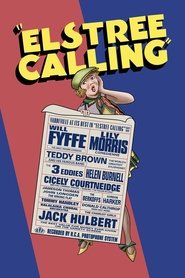 A series of 19 musical and comedy...
A series of 19 musical and comedy...